Caught in the Middle, Called a Traitor (I think it is important to readers on this site to read this.)
By Grace Wang
Sunday, April 20, 2008;
I study languages — Italian, French and German. And this summer — now that it looks as though I won’t be able to go home to China — I’ll take up Arabic. My goal is to master 10 languages, in addition to Chinese and English, by the time I’m 30.
I want to do this because I believe that language is the bridge to understanding. Take China and Tibet. If more Chinese learned the Tibetan language, and if Tibetans learned more about China, I’m convinced that our two peoples would understand one another better and we could overcome the current crisis between us peacefully. I feel that even more strongly after what happened here at Duke University a little more than a week ago.
Trying to mediate between Chinese and pro-Tibetan campus protesters, I was caught in the middle and vilified and threatened by the Chinese. After the protest, the intimidation continued online, and I began receiving threatening phone calls. Then it got worse — my parents in China were also threatened and forced to go into hiding. And I became persona non grata in my native country.
It has been a frightening and unsettling experience. But I’m determined to speak out, even in the face of threats and abuse. If I stay silent, then the same thing will happen to someone else someday.
So here’s my story.
When I first arrived at Duke last August, I was afraid I wouldn’t like it. It’s in the small town of Durham, N.C., and I’m from Qingdao, a city of 4.3 million. But I eventually adjusted, and now I really love it. It’s a diverse environment, with people from all over the world. Over Christmas break, all the American students went home, but that’s too expensive for students from China. Since the dorms and the dining halls were closed, I was housed off-campus with four Tibetan classmates for more than three weeks.
I had never really met or talked to a Tibetan before, even though we’re from the same country. Every day we cooked together, ate together, played chess and cards. And of course, we talked about our different experiences growing up on opposite sides of the People’s Republic of China. It was eye-opening for me.
I’d long been interested in Tibet and had a romantic vision of the Land of Snows, but I’d never been there. Now I learned that the Tibetans have a different way of seeing the world. My classmates were Buddhist and had a strong faith, which inspired me to reflect on my own views about the meaning of life. I had been a materialist, as all Chinese are taught to be, but now I could see that there’s something more, that there’s a spiritual side to life.
We talked a lot in those three weeks, and of course we spoke in Chinese. The Tibetan language isn’t the language of instruction in the better secondary schools there and is in danger of disappearing. Tibetans must be educated in Mandarin Chinese to succeed in our extremely capitalistic culture. This made me sad, and made me want to learn their language as they had learned mine.
I was reminded of all this on the evening of April 9. As I left the cafeteria planning to head to the library to study, I saw people holding Tibetan and Chinese flags facing each other in the middle of the quad. I hadn’t heard anything about a protest, so I was curious and went to have a look. I knew people in both groups, and I went back and forth between them, asking their views. It seemed silly to me that they were standing apart, not talking to each other. I know that this is often due to a language barrier, as many Chinese here are scientists and engineers and aren’t confident of their English.
I thought I’d try to get the two groups together and initiate some dialogue, try to get everybody thinking from a broader perspective. That’s what Lao Tzu, Sun Tzu and Confucius remind us to do. And I’d learned from my dad early on that disagreement is nothing to be afraid of. Unfortunately, there’s a strong Chinese view nowadays that critical thinking and dissidence create problems, so everyone should just keep quiet and maintain harmony.
A lot has been made of the fact that I wrote the words "Free Tibet" on the back of the American organizer of the protest, who was someone I knew. But I did this at his request, and only after making him promise that he would talk to the Chinese group. I never dreamed how the Chinese would seize on this innocent action. The leaders of the two groups did at one point try to communicate, but the attempt wasn’t very successful.
The Chinese protesters thought that, being Chinese, I should be on their side. The participants on the Tibet side were mostly Americans, who really don’t have a good understanding of how complex the situation is. Truthfully, both sides were being quite closed-minded and refusing to consider the other’s perspective. I thought I could help try to turn a shouting match into an exchange of ideas. So I stood in the middle and urged both sides to come together in peace and mutual respect. I believe that they have a lot in common and many more similarities than differences.
But the Chinese protesters — who were much more numerous, maybe 100 or more — got increasingly emotional and vocal and wouldn’t let the other side speak. They pushed the small Tibetan group of just a dozen or so up against the Duke Chapel doors, yelling "Liars, liars, liars!" This upset me. It was so aggressive, and all Chinese know the moral injunction: Junzi dongkou, bu dongshou (The wise person uses his tongue, not his fists).
I was scared. But I believed that I had to try to promote mutual understanding. I went back and forth between the two groups, mostly talking to the Chinese in our language. I kept urging everyone to calm down, but it only seemed to make them angrier. Some young men in the Chinese group — those we call fen qing (angry youth) — started yelling and cursing at me.
What a lot of people don’t know is that there were many on the Chinese side who supported me and were saying, "Let her talk." But they were drowned out by the loud minority who had really lost their cool.
Some people on the Chinese side started to insult me for speaking English and told me to speak Chinese only. But the Americans didn’t understand Chinese. It’s strange to me that some Chinese seem to feel as though not speaking English is expressing a kind of national pride. But language is a tool, a way of thinking and communicating.
At the height of the protest, a group of Chinese men surrounded me, pointed at me and, referring to the young woman who led the 1989 student democracy protests in Tiananmen Square, said, "Remember Chai Ling? All Chinese want to burn her in oil, and you look like her." They said that I had mental problems and that I would go to hell. They asked me where I was from and what school I had attended. I told them. I had nothing to hide. But then it started to feel as though an angry mob was about to attack me. Finally, I left the protest with a police escort.
Back in my dorm room, I logged onto the Duke Chinese Students and Scholars Association (DCSSA) Web site and listserv to see what people were saying. Qian Fangzhou, an officer of DCSSA, was gloating, "We really showed them our colors!"
I posted a letter in response, explaining that I don’t support Tibetan independence, as some accused me of, but that I do support Tibetan freedom, as well as Chinese freedom. All people should be free and have their basic rights protected, just as the Chinese constitution says. I hoped that the letter would spark some substantive discussion. But people just criticized and ridiculed me more.
The next morning, a storm was raging online. Photographs of me had been posted on
the Internet with the words "Traitor to her country!" printed across my forehead. Then I saw something really alarming: Both my parents’ citizen ID numbers had been posted. I was shocked, because this information could only have come from the Chinese police.
I saw detailed directions to my parents’ home in China, accompanied by calls for people to go there and teach "this shameless dog" a lesson. It was then that I realized how serious this had become. My phone rang with callers making threats against my life. It was ironic: What I had tried so hard to prevent was precisely what had come to pass. And I was the target.
I talked to my mom the next morning, and she said that she and my dad were going into hiding because they were getting death threats, too. She told me that I shouldn’t call them. Since then, short e-mail messages have been our only communication. The other day, I saw photos of our apartment online; a bucket of feces had been emptied on the doorstep. More recently I’ve heard that the windows have been smashed and obscene posters have been hung on the door. Also, I’ve been told that after convening an assembly to condemn me, my high school revoked my diploma and has reinforced patriotic education.
I understand why people are so emotional and angry; the events in Tibet have been tragic. But this crucifying of me is unacceptable. I believe that individual Chinese know this. It’s when they fire each other up and act like a mob that things get so dangerous.
Now, Duke is providing me with police protection, and the attacks in Chinese cyberspace continue. But contrary to my detractors’ expectations, I haven’t shriveled up and slunk away. Instead, I’ve responded by publicizing this shameful incident, both to protect my parents and to get people to reflect on their behavior. I’m no longer afraid, and I’m determined to exercise my right to free speech.
Because language is the bridge to understanding.
Grace Wang is a freshman at Duke University. Scott Savitt, a visiting scholar in Duke’s Chinese media studies program, assisted in writing this article.
http://www.washingtonpost.com/wp-dyn/content/article/2008/04/18/AR2008041802635.html
GN thought it is important for readers on this site to read this article. I also think so. So I copied the article in this entry to share Grace’s thoughts.
It is so common to be called a traitor in China. I, myself, was called a traitor many times in BBS or blogs. There are many versions of the story. No matter what you do, the easiest way to get everyone to get to the same side of the line is to tell people the guy betrayed China. Just to list the logic of the criticizer who said I am a traitor.
The list is endless. The point is, if you have anything to do with something "foreign", or you talk about politics, you are called a traitor by someone, publicly, with name and, in Grace’s case, private information. For many people, if they heard from any source that someone is a traitor, they will try everything to fight against this person, including personal attack, forward the mail/post to other places, add a comment to condemn the person, even threat to kill the person.
I don’t know Grace, and I don’t know whether I agree with what Grace said or not – I agree for most part, but I worry that I only hear one-sided story. Grace is just 20 years in age, and she may also did something immature in the sensitive time, which is completely acceptable and understandable. But it may cause strong reaction from the Chinese student group and netizen in China, which is also pretty understandable. However, I feel so bad and ashamed that she got death threat, and rude personal attack (and physical attack in her home). How I wish I have a country that is more open to different opinions, and tolerate diversity. To follow the law is the basic way to show one’s love to his country.
I know if I post the entry in Chinese, and if I am lucky, I will be called traitor again, just for this article. Even in English, I believe I will receive many critics for this entry, and the next entry I am planning to write. It is OK. I never expect everyone agree with me. Call me whatever people want to call. A blogger needs some courage, right.
PS. When you attack, please just attack the opinion, not the person hold the opinion. Even if you want to attack a person, attack myself (and I am pretty tolerate, and understand that is the cost of running a blog), however, I will take action if I saw personal attack to other readers (and they shouldn’t be insulted).
















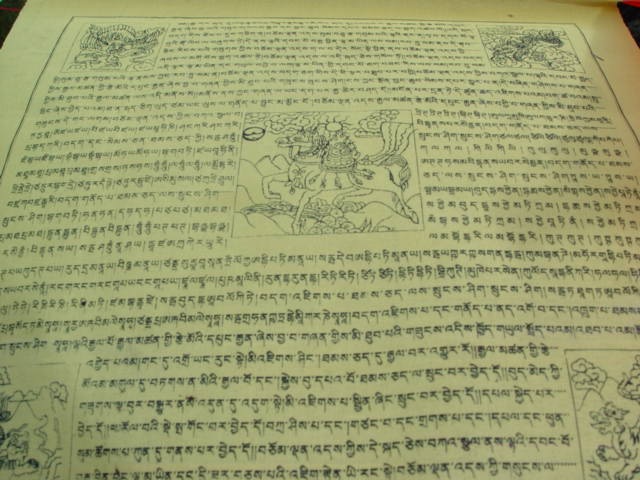
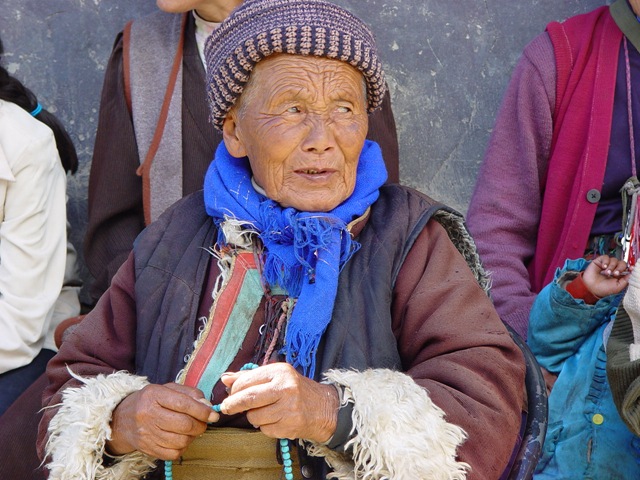
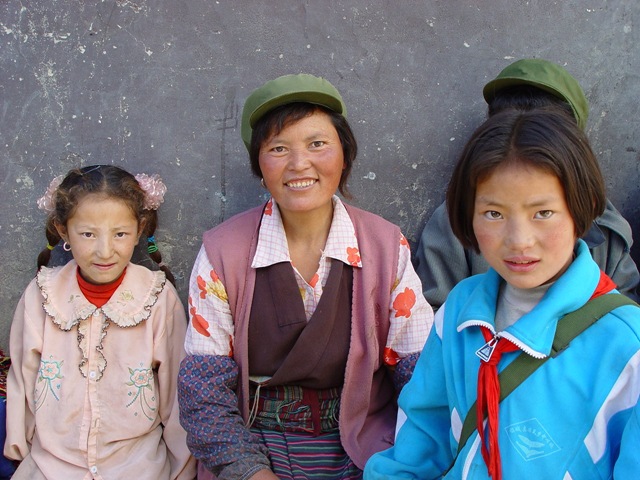
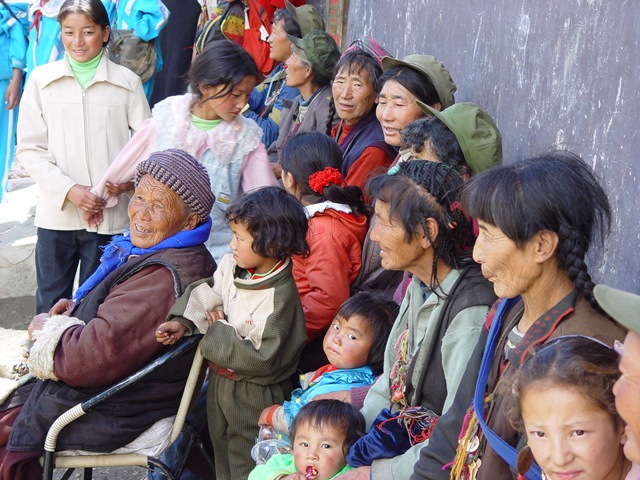
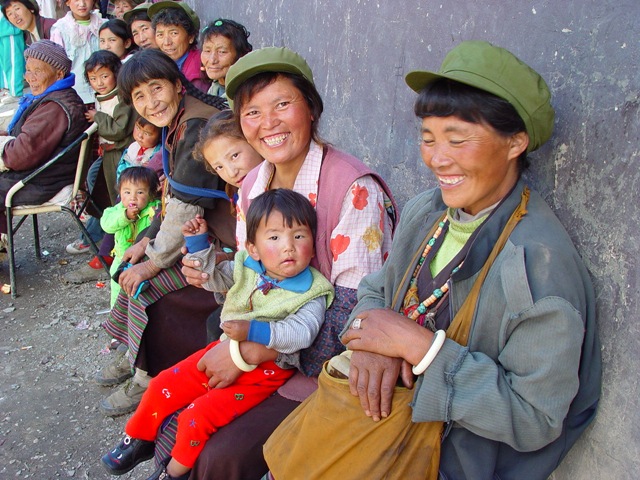
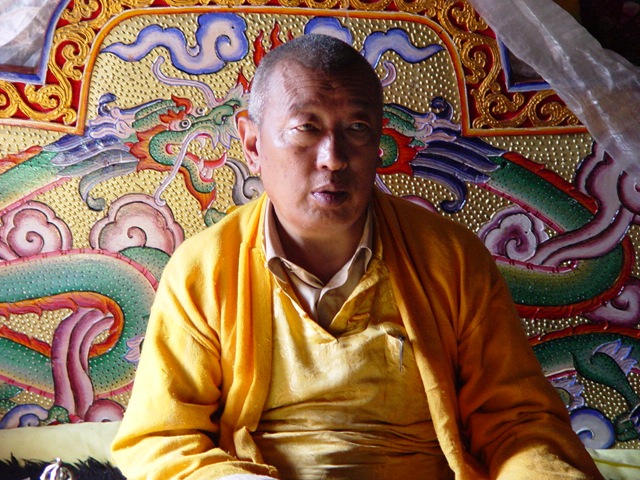


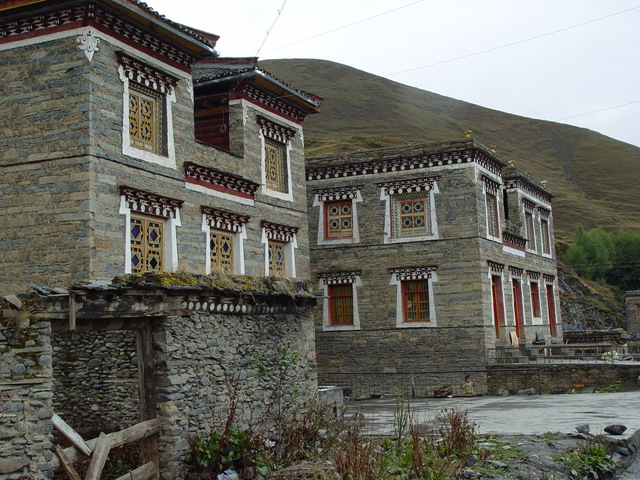
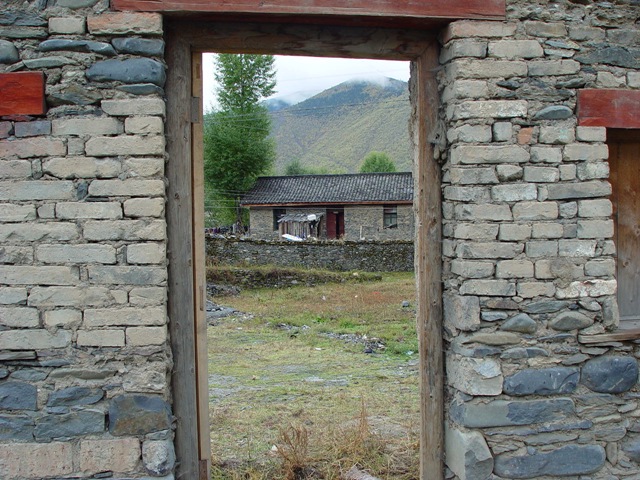
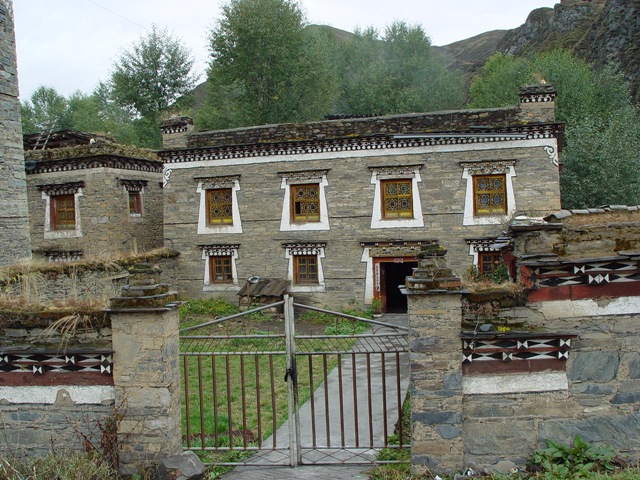
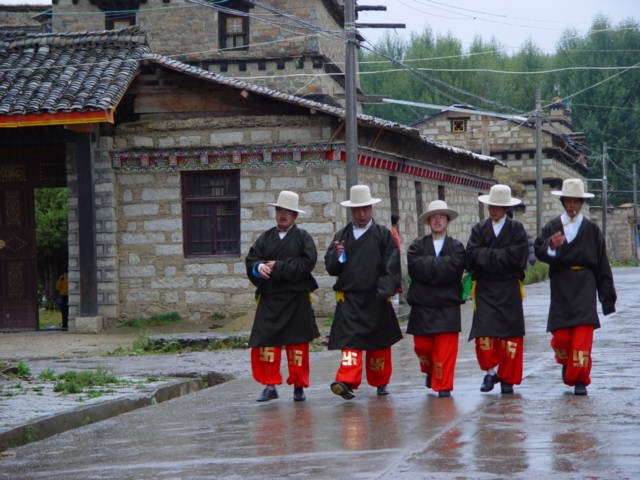
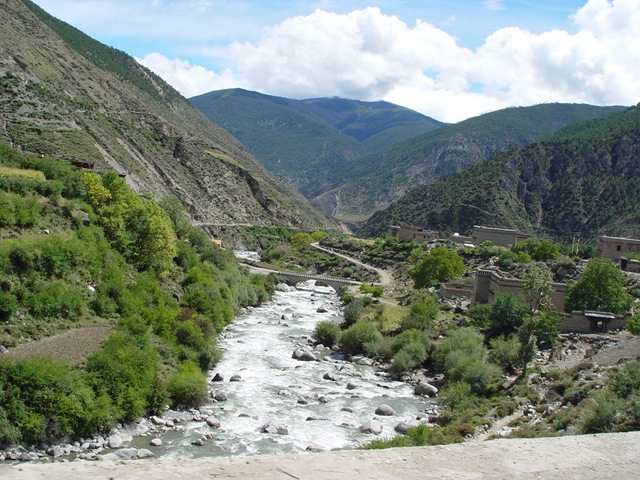





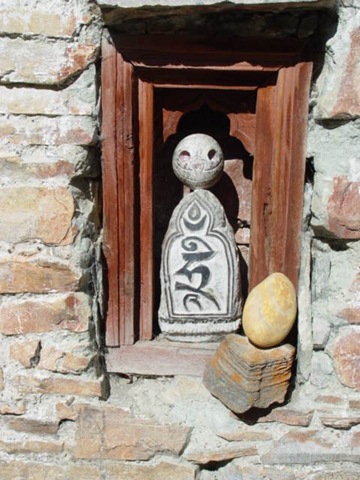
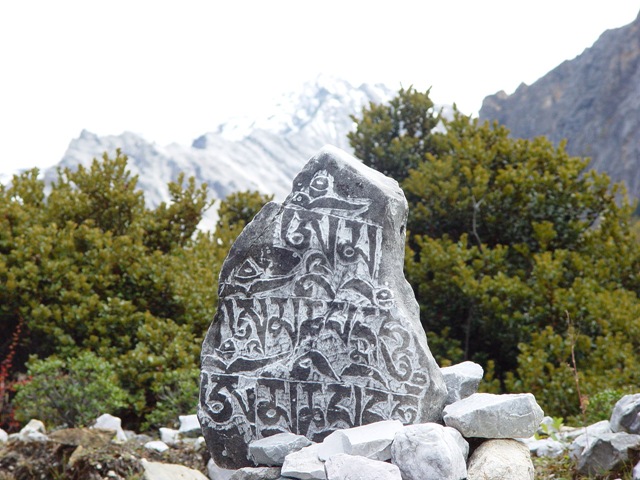















 g
g